From a Harvard faculty member and oral language specialist, an invaluable guide that gives readers evidence-based tools and techniques to communicate more effectively with children in ways that let them foster relationships with less conflict and more joy and kindness.
Science has shown that the best way to help our kids become independent, confident, kind, empathetic, and happy is by talking with them. Yet, so often, parents, educators, and caregivers have trouble communicating with kids. Conversations can feel trivial or strained—or worse, are marked by constant conflict.
In The Art of Talking with Children, Rebecca Rolland, a Harvard faculty member, speech pathologist, and mother, arms adults with practical tools to help them have productive and meaningful conversations with children of all ages—whether it’s engaging an obstinate toddler or getting the most monosyllabic adolescent to open up.
The Art of Talking with Children shows us how quality communication—or rich talk—can help us build the skills and capacities children need to thrive.
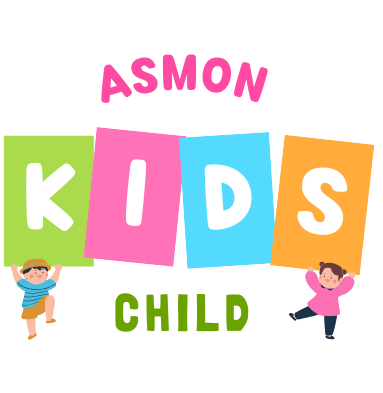

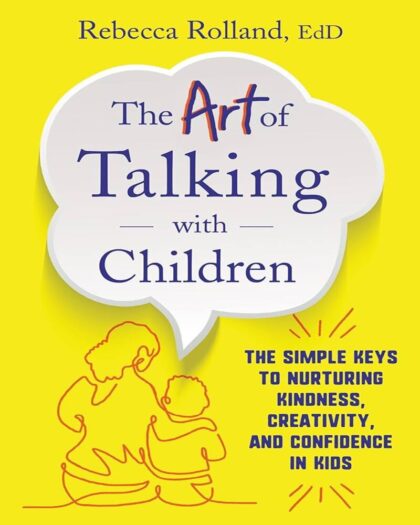
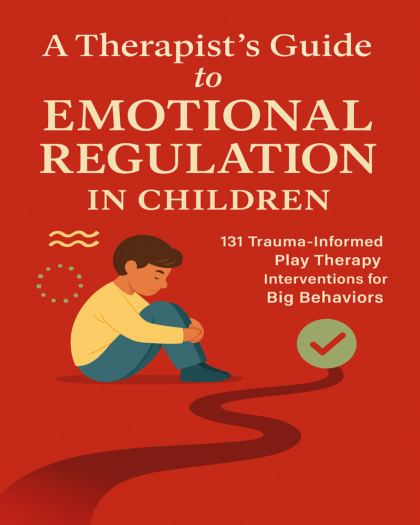
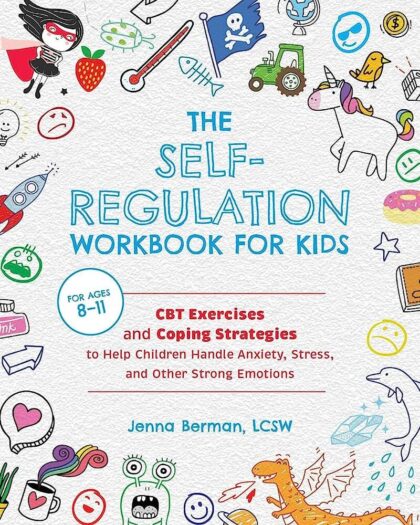
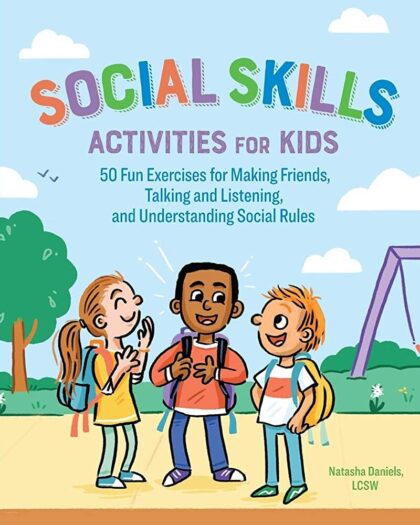
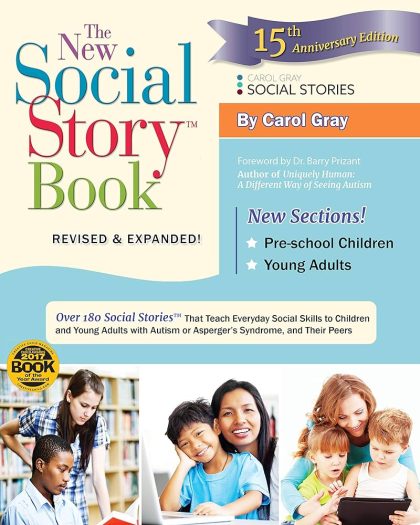
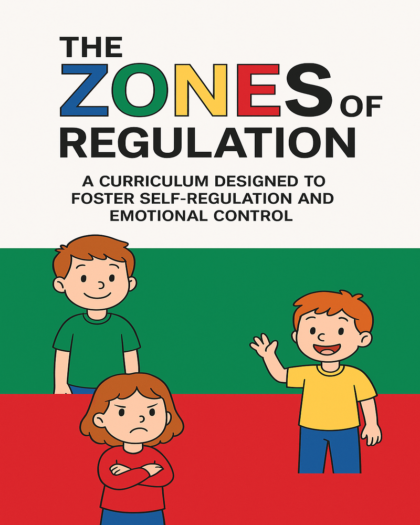
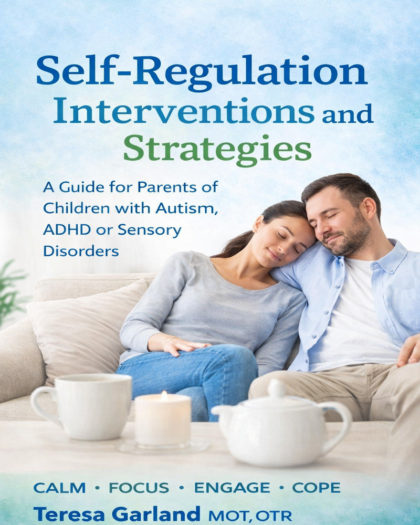
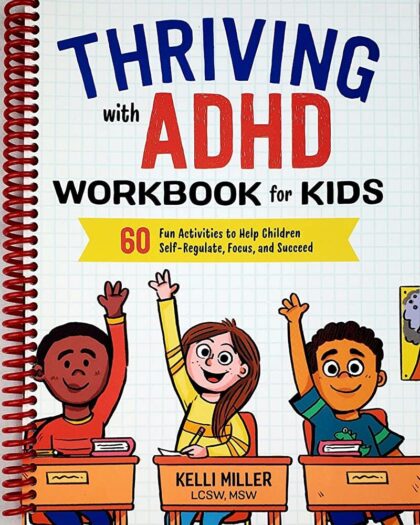
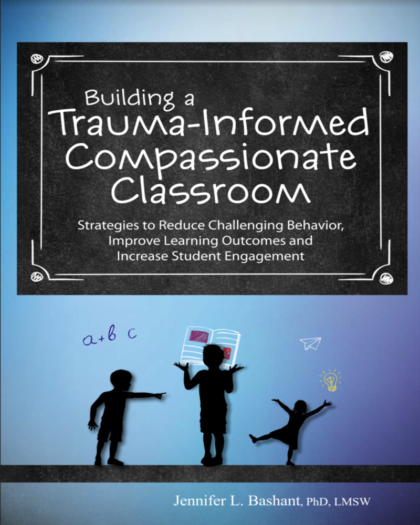
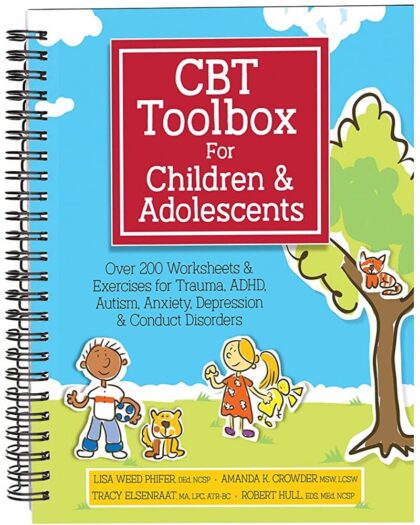
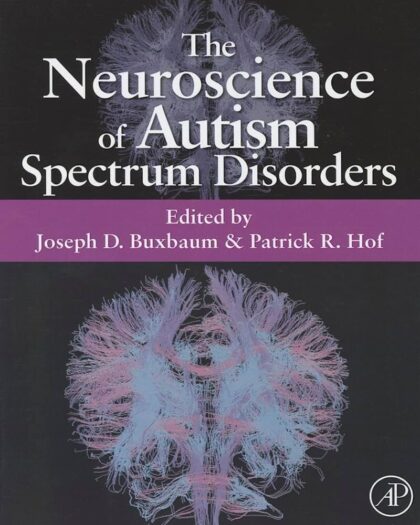
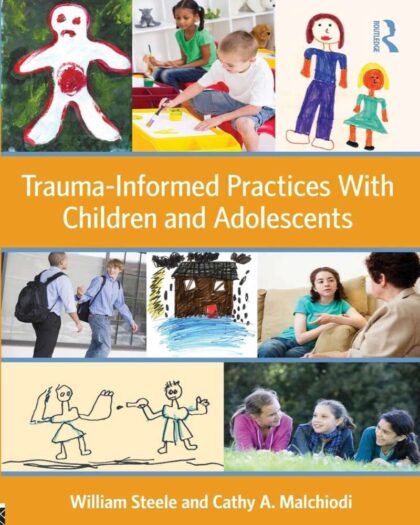
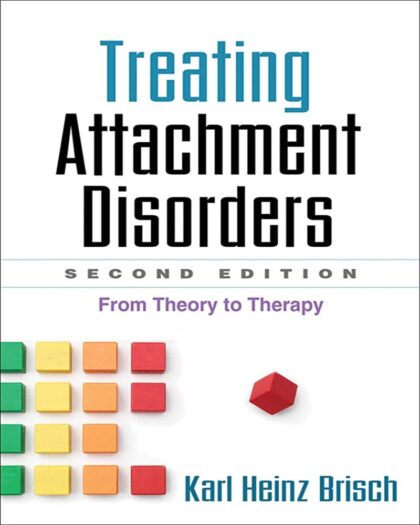
Being a parent or teacher can be frustrating. What is obvious to us, what we take for granted, is a blank canvas in the mind of a young child. That is both exciting and terrifying. What I wanted most for my children in the earliest part of life was self-acceptance, both the flaws and the highlights, so that interactions with others were less influential / impactful on their psyches. I wish I had had this book 20 years ago when I was in the thick of it. To understand them, to support them, we ourselves need to be vulnerable and genuine in the way we talk about ourselves so they can do the same. Thanks for a wonderful text on childhood communication.
This is where "The Art of Talking with Children" makes a lot of sense: it helps catching and recognizing those little moments and opportunities to help your child become the best of himself and not just leading them to do what we think is best for them.With simple examples Rebecca Roland gives you hints how to navigate and take advantage of these everyday situations to built curious and compassionate adults thanks to the "right talk at the right moment".
I laughed throughout, since the tone is humorous and positive, and Rebecca constantly uses a fun and accessible tone. But at the same time, I learned so much. Even as a retired teacher, mother of two and grandmother of four, I was amazed to read of so many strategies to use back-and-forth conversations as a powerful tool to help kids grow, stretch and expand. These strategies are ones I plan to use in my own life as a grandparent, and which I plan to tell my friends with kids or grandkids about. I am a big believer in the “Rich Talk” approach, and I wish I had used its principles in my career and in our family. If you have kids in your life, or if you teach them, I highly recommend this book!
Many times us adults complain about children not talking to us, but it is precisely because our conversations are limited to check-in questions or instructions. Great conversations are done by talking and listening and they take time. This book reminds us that children can come up with all the topics where deeper and rich conversations can happen. It also unpacks areas where conversation impacts child development and how it impacts their lives. Rolland combines strategy, with stories and relatable examples. I highly recommend this book for adults in general!
Truthfully, since I don't have kids of my own, being around kids for too long exhausts me. They talk a lot. About very boring things. But, this book actually provided me with some helpful cues and tips for engaging them in interesting, deep, and fun conversations that don't have to take a ton of time. As the sibling gunning for Favorite Aunt status, these tools will hopefully give me a leg up on my competition.